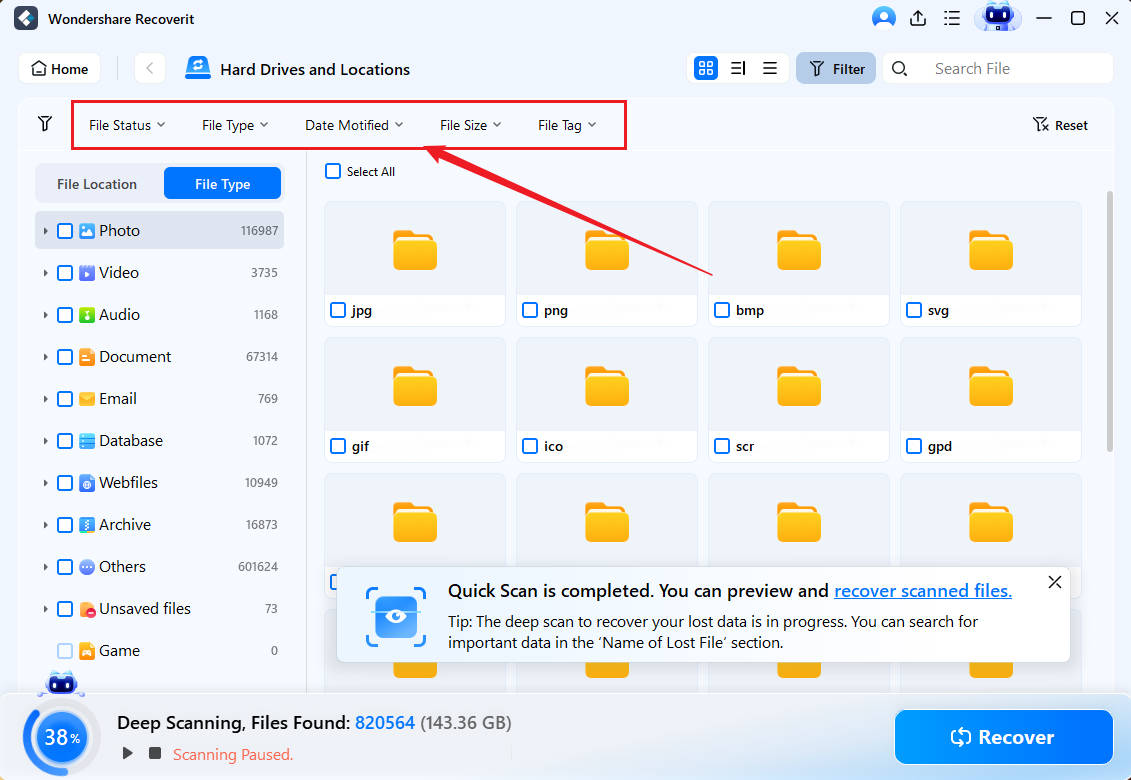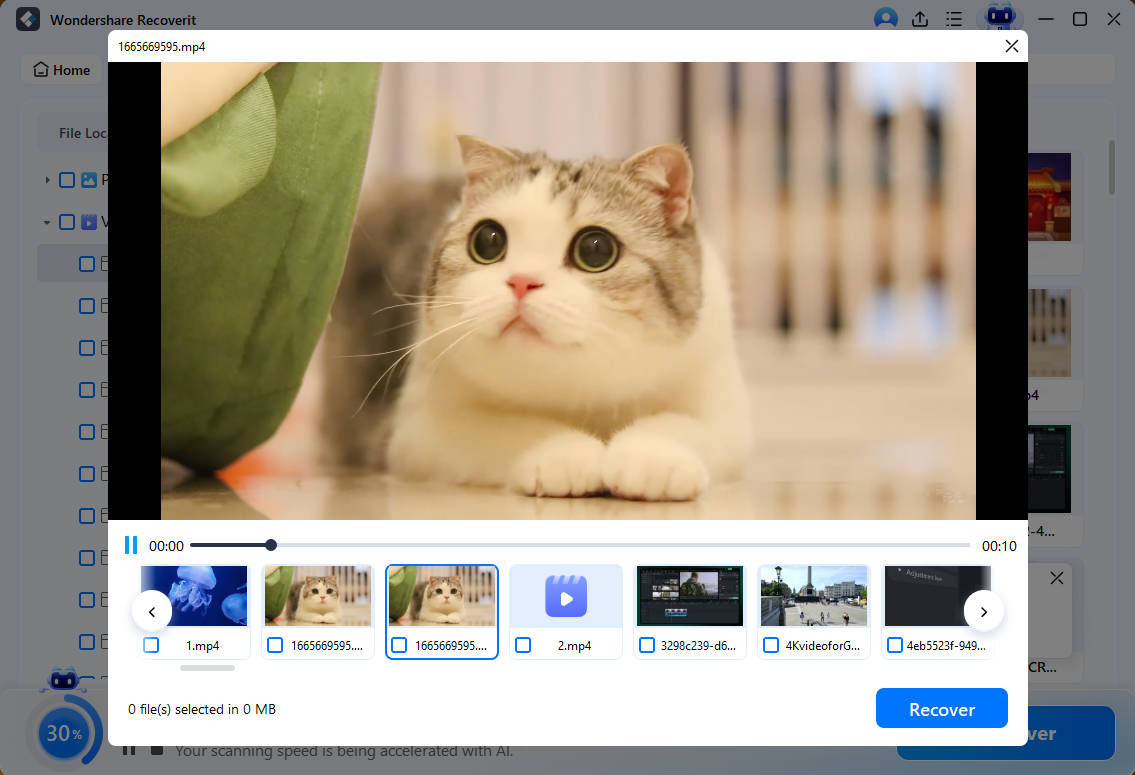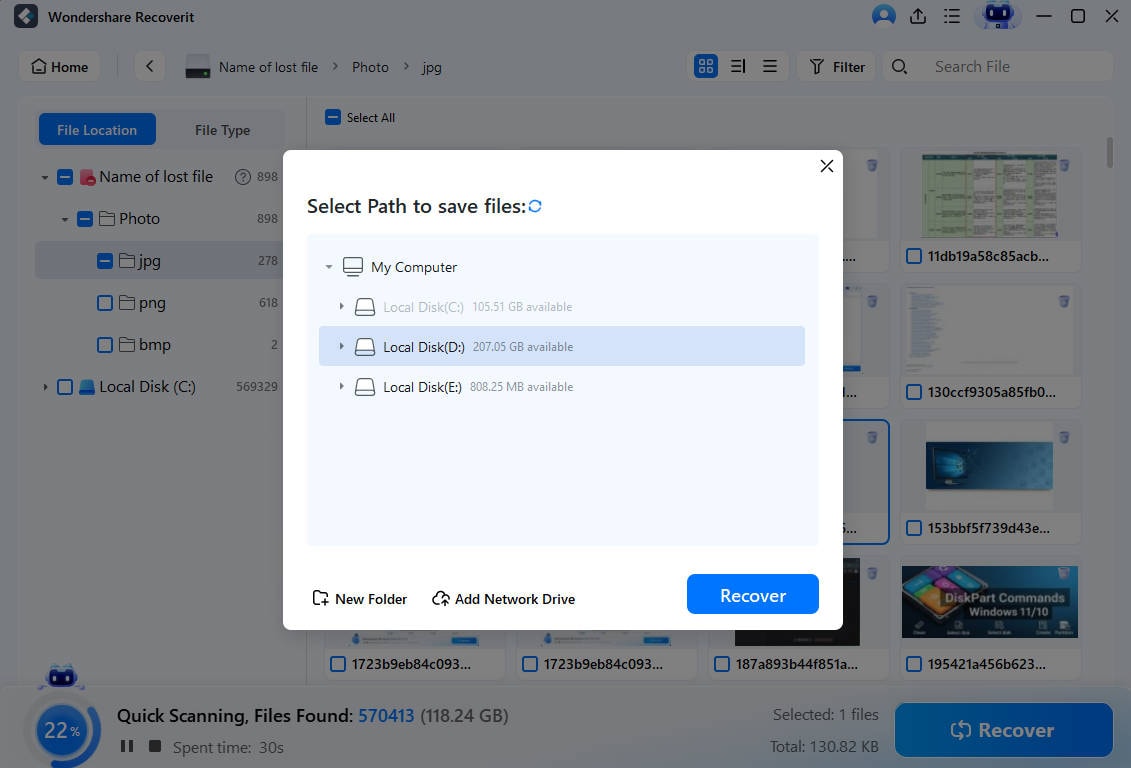People are very excited as Microsoft is going to release a new groundbreaking AI feature called "Recall" along with upcoming Windows Copilot+ PCs. Recall is going to change the way we use our computers. It is an addition to the popular Copilot AI assistant. Recall will change how we save, find, and manage all our digital information and files.
As we learn more about this new technology, we'll find out how Copilot+ PC Recall works, when it will be available, and if there are any privacy or security issues with it.
Get ready for something that will make using your computer a completely new experience.
In this article
What is "Recall"?
Recall is a brand new feature powered by artificial intelligence (AI), and it is exclusive to Windows computers that use ARM processors. It works kind of like a photographic memory, allowing you to see things you've looked at or done before on your PC.
Recall shows you a timeline of events and activities from your computer usage. But you can also describe what you're trying to find, and it will display options on a timeline that is created by combining information across any application, website, document, or other source to locate that specific thing you need.
The timeline is basically a sequence of snapshots, with each snapshot showing exactly what was on your screen at that particular moment in time.
Currently, the Recall feature is in preview and being optimized for English, Chinese, French, German, Japanese, and Spanish. Currently, it retrieves snapshots only in these languages.
Also, this feature is exclusive to devices with Microsoft's Copilot+ platform and Qualcomm's X Series chipsets. The first devices are the new Microsoft Surface Pro and Surface Laptops. More devices from Acer, ASUS, Dell, HP, Lenovo, and Samsung will launch next month.

How Recall Works?
So, now, let's understand how Recall works. The Recall feature on a Copilot+ PC takes a picture of whatever is on your screen every few seconds and saves those pictures in a safe, encrypted place on your computer's storage.
You can use Recall to find content you've looked at on your PC before by either searching for it or using a timeline bar that shows the pictures in order from when they were taken.
Once you select a specific picture snapshot in Recall, it gets analyzed, and you'll see options to interact with whatever was captured in that snapshot.
Recall will also let you open the picture snapshot in the same application it was originally in.
Or, it can open the actual document, website, or email from the screenshot directly. Microsoft says Recall will keep getting better and more useful over time as you use it more, since it will learn and adapt to how you interact with the feature.

System Requirements for Recall:
To use Recall, your PC must meet these requirements:
- Copilot+ PC.
- 16 GB RAM.
- 8 logical processors.
- 256 GB storage.
- At least 50 GB of free storage space.
When Will Recall be Available on Windows?
Microsoft has remained tight-lipped about the exact release date for Recall, but industry insiders and leaks suggest that the feature will be rolled out in phases, with a limited public beta. The Recall AI feature will be available around June 18, 2024, when new Copilot Plus PCs start shipping.

What is the Expected Timeline For Recall?
Mark your calendars for June 18, 2024 - the day these game-changing Copilot+ PCs, brimming with cutting-edge technology, make their much-awaited arrival.
However, based on reports, we can expect a timeline for Recall to become available in a few phases:
- Part of Windows 11 Update (Mid 2024): After the initial test, Recall is likely to be included in a major Windows 11 update along with CoPilot Plus PCs being launched on 18th June, 2024.
- Fully Integrated (Late 2024): The fully integrated version of Recall that works seamlessly with Windows is expected in late 2024 or early 2025 as part of a larger Windows release.
- Continued Updates: Even after release, Microsoft will probably keep updating and improving Recall's capabilities over time through regular software updates.
The key point is that Recall will not be available all at once. It will be gradually released in phases to ensure it works properly before becoming a core part of future Windows versions.
Why is Recall Raising Privacy and Security Concerns Among Users?

While Recall promises to revolutionize our digital experiences, its unprecedented access to personal data and information has raised legitimate concerns regarding privacy and security:
- Data Privacy and Breach Risks: Critics argue that by centralizing and indexing vast amounts of personal information, Recall creates a tempting target for cybercriminals and malicious actors. A successful breach could expose sensitive data like confidential documents, financial records, and personal communications.
- Transparency and Accountability: Privacy advocates have questioned the transparency and accountability of Recall's algorithms and decision-making processes, citing concerns about potential biases or undisclosed factors influencing recommendations or information retrieval.
- User Control and Consent: While Microsoft has assured users about robust encryption and consent mechanisms, some remain skeptical about the level of control and transparency regarding how their data is used and accessed.
Here are a few comments from people in the tech industry expressing their honest concerns about Recall:
Bonus: Want to Recall Your Lost Data While Worried About Data Privacy?
As more people get concerned about data privacy, especially with the new Recall feature coming, Recoverit stands out as a trustworthy and reliable choice when you want to retrieve vital data that you accidentally deleted or lost.
Recoverit's 20+ years of secure data recovery experience means you can feel confident using it without worrying about leaks or hacking of your private information.
Moreover, Recoverit is a powerful and comprehensive data recovery solution that can retrieve lost or deleted files from various storage devices. With its user-friendly interface and advanced scanning algorithms, this tool makes it easy to recover your valuable data, whether it was lost due to accidental deletion, formatting, virus attacks, or even physical damage.
One of the standout features of Recoverit is its ability to recover over 1000 different file types, including documents, photos, videos, audio files, emails, and more. This versatility ensures that no matter what type of data you've lost, Recoverit has you covered.
Here are the simple steps to use Recoverit to retrieve your lost files within no time:
Step 1: Open Wondershare Recoverit after installation. On the main interface, select the location where you lost your data (e.g., hard drive, external drive, recycle bin).

Step 2: Click the "Start" button to begin the scanning process.

Step 3: After the scan is completed, you can filter the search results based file size, type, and so on.

Step 4: You can preview files to ensure they are the ones you want to recover.

Step 5: Select the files you want to recover. Click the "Recover" button. Choose a location to save the recovered files (do not save them to the same location where you lost them to avoid overwriting). Confirm and save the files to the chosen location.

Conclusion
As we approach the era of Copilot+ PCs Recall, a future where our digital lives are seamlessly intertwined with intelligent AI assistants, it's crucial to strike a balance between innovation and responsibility. While the potential benefits of Recall are undeniable, addressing the legitimate concerns surrounding privacy and security is paramount.
As we eagerly await the arrival of Recall, it's important to remember that technological advancements often come with trade-offs and challenges. By remaining vigilant, proactive, and open to constructive dialogue, we can shape the future of AI-driven assistants like Recall to ensure they serve the best interests of users and society as a whole.
FAQ
Will Recall have access to my personal files and data?
Yes, Recall will index and analyze your personal files, emails, and browsing history in order to provide relevant and contextual responses to your queries. However, Microsoft has assured users that no data will be transmitted to their servers without explicit consent.How will Recall ensure the privacy and security of my data?
Microsoft has pledged to implement robust encryption, access controls, and user consent mechanisms to protect user data. Additionally, Recall is designed to operate locally on your device, minimizing the risk of unauthorized access or data breaches.Can I opt out of using Recall if I have privacy concerns?
While Recall will be tightly integrated into future Windows updates, Microsoft is expected to provide options for users to disable or opt out of the feature if they have privacy or security concerns.















